The Tropical Cyclone Idai and Global Warming
What do tropical cyclones have to do with climate change?
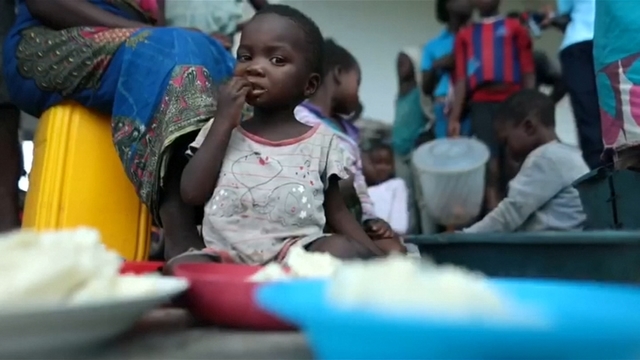 At the beginning of March a cyclone had formed over the Indian Ocean, off the coast of Mozambique. There was a first landfall in Mozambique on March 6. Destructive winds devasted coastal communities. Flash floods destroyed inland communities. The cyclone raced back to the sea and became stronger and stronger. On March 14, the cyclone returned to East Africa‘s coast, and made its second landfall near the city of Beira. In a short time, a storm flood devastated entire areas of Malawi, Zimbabwe and Mozambique. It has destroyed villages and towns and has left hundreds of thousands homeless. The city of Beira was the worst hit. 500,000 inhabitants had no electricity, communications were crippled, all roads out were rendered impassable. Many people lost their lives, officals estimate that 1000 or more have died in the floods.
At the beginning of March a cyclone had formed over the Indian Ocean, off the coast of Mozambique. There was a first landfall in Mozambique on March 6. Destructive winds devasted coastal communities. Flash floods destroyed inland communities. The cyclone raced back to the sea and became stronger and stronger. On March 14, the cyclone returned to East Africa‘s coast, and made its second landfall near the city of Beira. In a short time, a storm flood devastated entire areas of Malawi, Zimbabwe and Mozambique. It has destroyed villages and towns and has left hundreds of thousands homeless. The city of Beira was the worst hit. 500,000 inhabitants had no electricity, communications were crippled, all roads out were rendered impassable. Many people lost their lives, officals estimate that 1000 or more have died in the floods.
What's a cyclone?
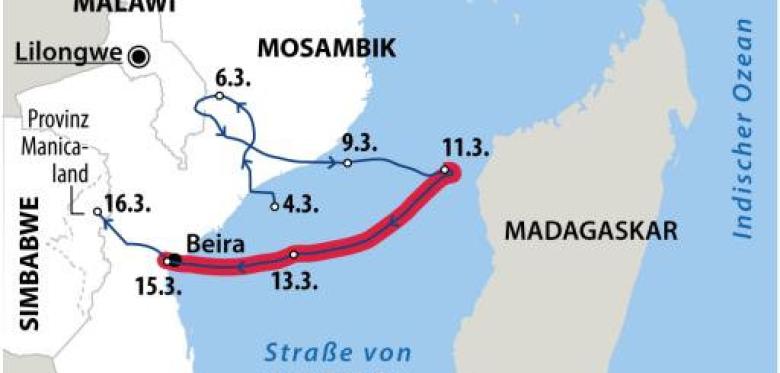 Cyclones are tropical storms that form over the Pacific Ocean. Seen from satelite, it looks like a milky swirl with an „eye“ in its center. There were always cyclones in the Southern Hemisphere, but since the 1950s they have become more frequent and violent. They sweep across the sea, by moving over water they become very fast and extremely strong. Cyclone Idai formed over the Indian Ocean, between Africa‘s east coast and the coast of Madagascar. The storm was zigzagging back and forth over the see before it hit the coast. On the map on the left you can see the path it took between March 4 and March 15. It reached a top speed of 195 km. This is why the cyclone had such a destructive power when it hit Beira. It was so strong that it destroyed most of the city of Beira. Idai is the eleventh tropical storm since last year, and it is also the heaviest storm.
Cyclones are tropical storms that form over the Pacific Ocean. Seen from satelite, it looks like a milky swirl with an „eye“ in its center. There were always cyclones in the Southern Hemisphere, but since the 1950s they have become more frequent and violent. They sweep across the sea, by moving over water they become very fast and extremely strong. Cyclone Idai formed over the Indian Ocean, between Africa‘s east coast and the coast of Madagascar. The storm was zigzagging back and forth over the see before it hit the coast. On the map on the left you can see the path it took between March 4 and March 15. It reached a top speed of 195 km. This is why the cyclone had such a destructive power when it hit Beira. It was so strong that it destroyed most of the city of Beira. Idai is the eleventh tropical storm since last year, and it is also the heaviest storm.
When did help arrive?
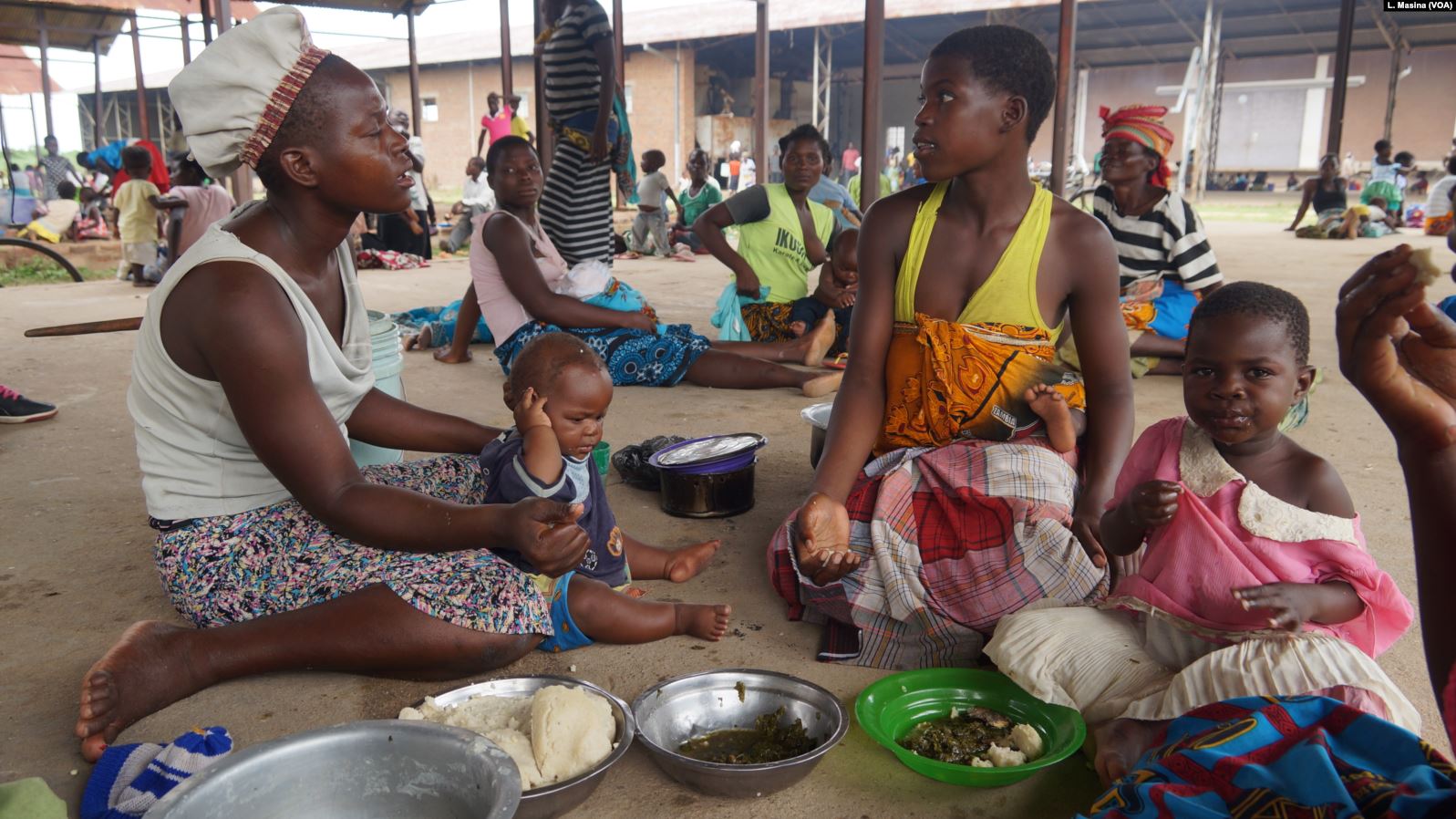 The rivers had grown into lakes, the Beira airport was closed. The national state of emergency was declared. Only three days later could helpers land with helicopters at the damaged airport of the city. They were the first to use satellite telephones to report on the extent of the crisis. Neighbouring South Africa immediately sent a helicopter fleet and rescued people from areas cut off from the outside world. International aid programmes were quickly coordinated. Chinese emergency responders in red jackets transported food to the affected areas. Danish, German, Swiss and American aid organisations built emergency shelters and provided medical care for the injured. The THW, a technical organisation from Germany, built a water treatment plant near Beira. The Indian Navy sent three ships to provide humanitarian aid. Time was pressing, because the worst is not over yet. People are afraid that epidemics will break out due to contaminated water.
The rivers had grown into lakes, the Beira airport was closed. The national state of emergency was declared. Only three days later could helpers land with helicopters at the damaged airport of the city. They were the first to use satellite telephones to report on the extent of the crisis. Neighbouring South Africa immediately sent a helicopter fleet and rescued people from areas cut off from the outside world. International aid programmes were quickly coordinated. Chinese emergency responders in red jackets transported food to the affected areas. Danish, German, Swiss and American aid organisations built emergency shelters and provided medical care for the injured. The THW, a technical organisation from Germany, built a water treatment plant near Beira. The Indian Navy sent three ships to provide humanitarian aid. Time was pressing, because the worst is not over yet. People are afraid that epidemics will break out due to contaminated water.
What does global warming has to do with the cyclone?
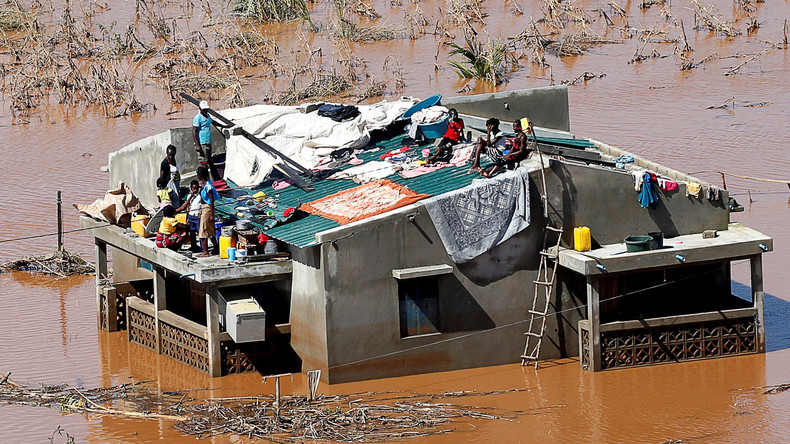
Fridays for Future
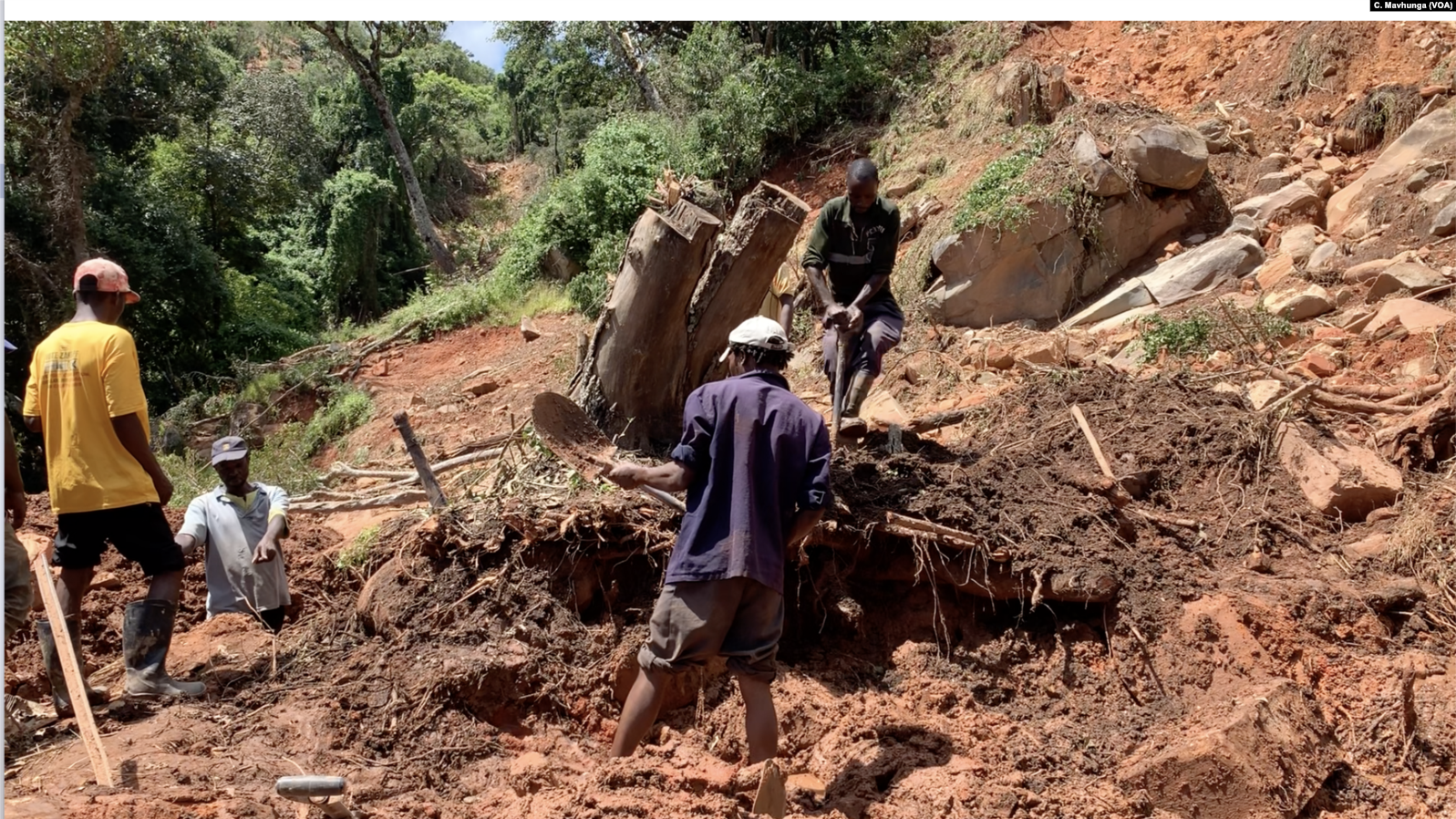 Coastal inhabitants in tropical areas are most affected by climate change, in India, Asia and Africa. These people cannot wait until researchers provide clear statistical results on extreme weather events. Every year they experience more and worse storms that destroy their towns and villages. They cannot wait for politicians around the world to agree on what they want to do about global warming. The West and its extreme consumption of ressources is the most important cause of climate change. That's why pupils in Europe and elsewhere don't go to school on Friday but attend the demos. The school can wait. The environment can't. Fridays for Future! Greta Thunberg has explained that the demos against climate change are more important for the future than school on Friday!
Coastal inhabitants in tropical areas are most affected by climate change, in India, Asia and Africa. These people cannot wait until researchers provide clear statistical results on extreme weather events. Every year they experience more and worse storms that destroy their towns and villages. They cannot wait for politicians around the world to agree on what they want to do about global warming. The West and its extreme consumption of ressources is the most important cause of climate change. That's why pupils in Europe and elsewhere don't go to school on Friday but attend the demos. The school can wait. The environment can't. Fridays for Future! Greta Thunberg has explained that the demos against climate change are more important for the future than school on Friday!
Angelika and the team of afrika-junior

Fairy tale of the month
Preview: Visit us again, in Mai we will report about the mermaids of Sansibar

